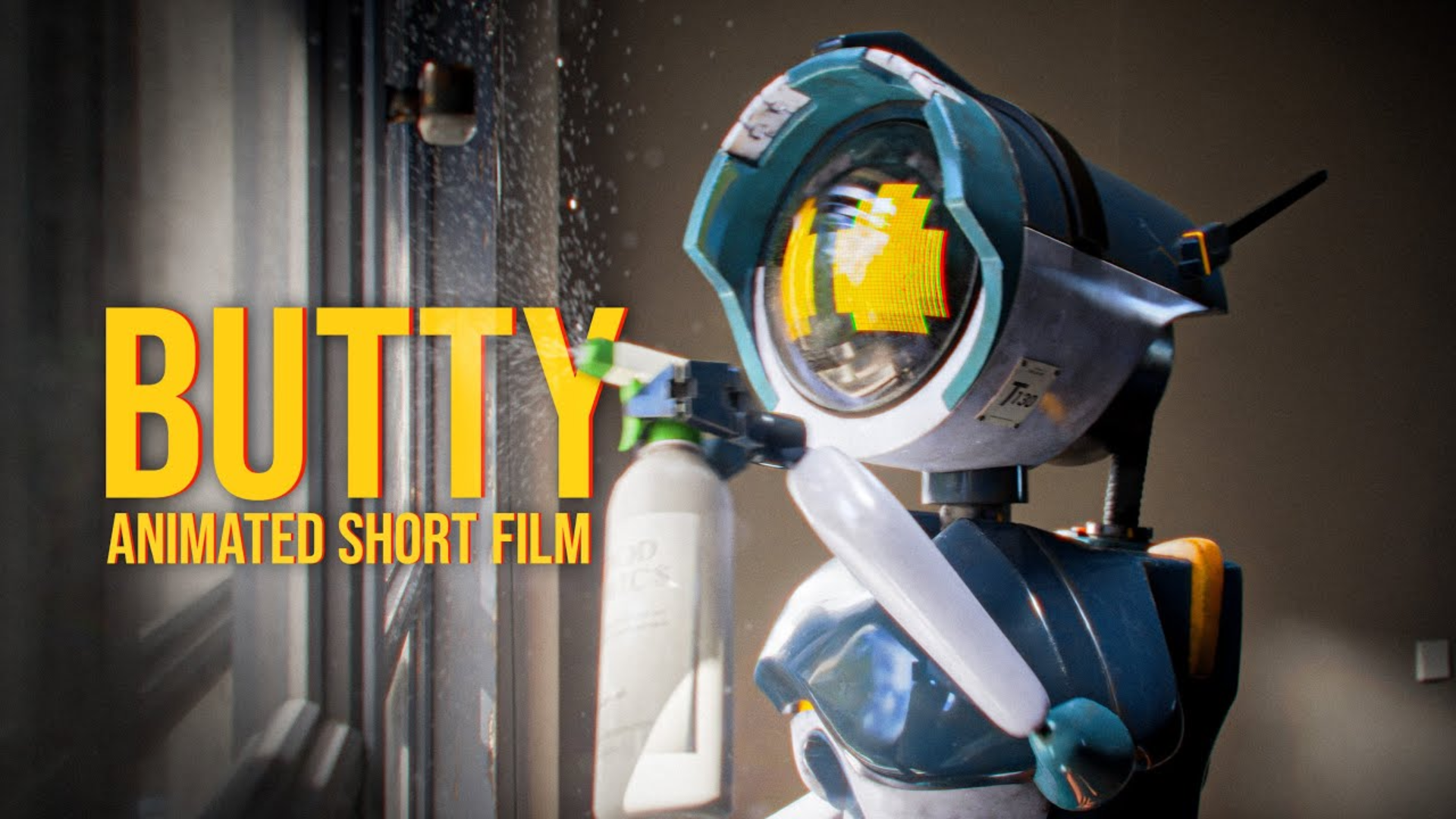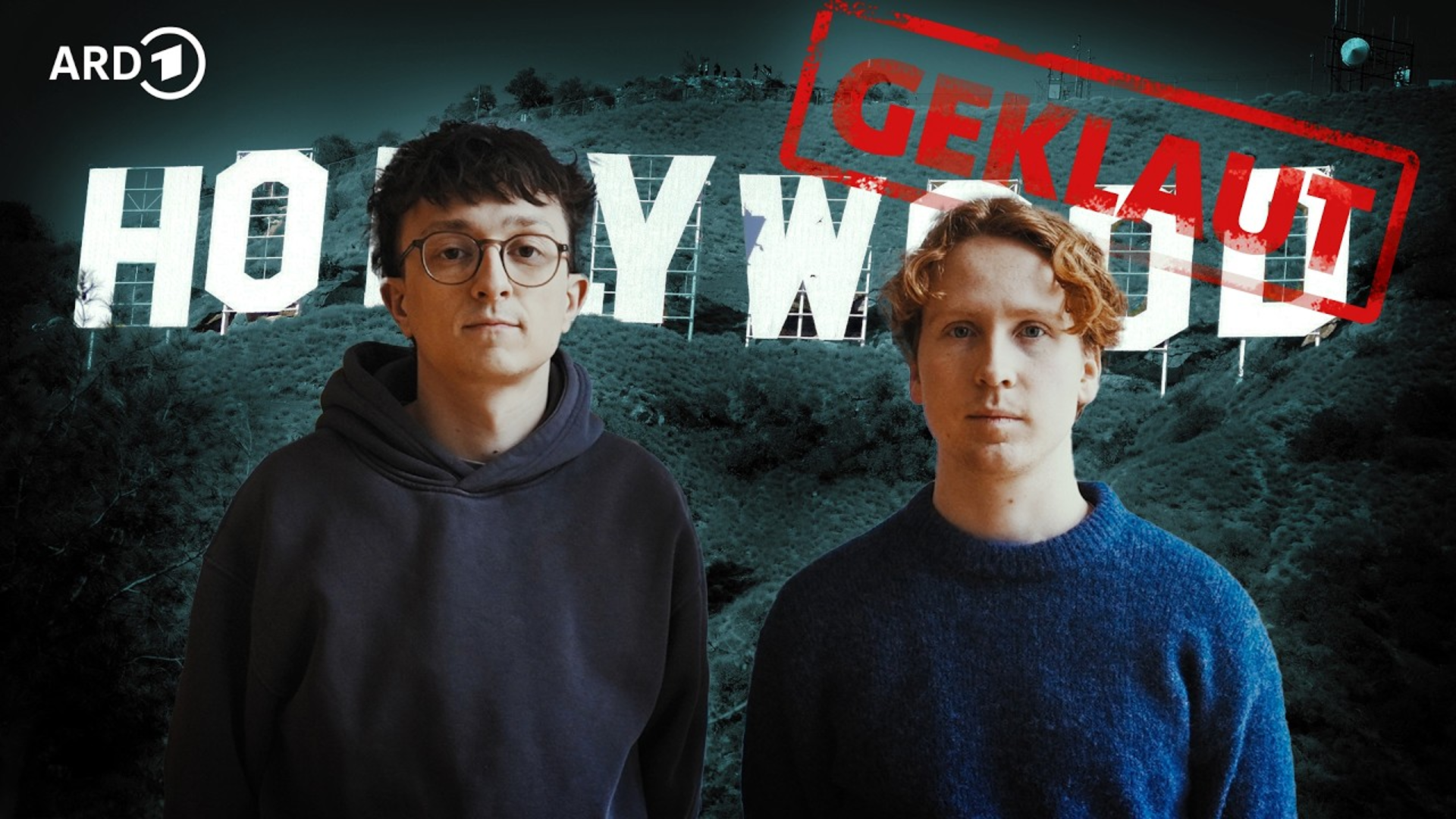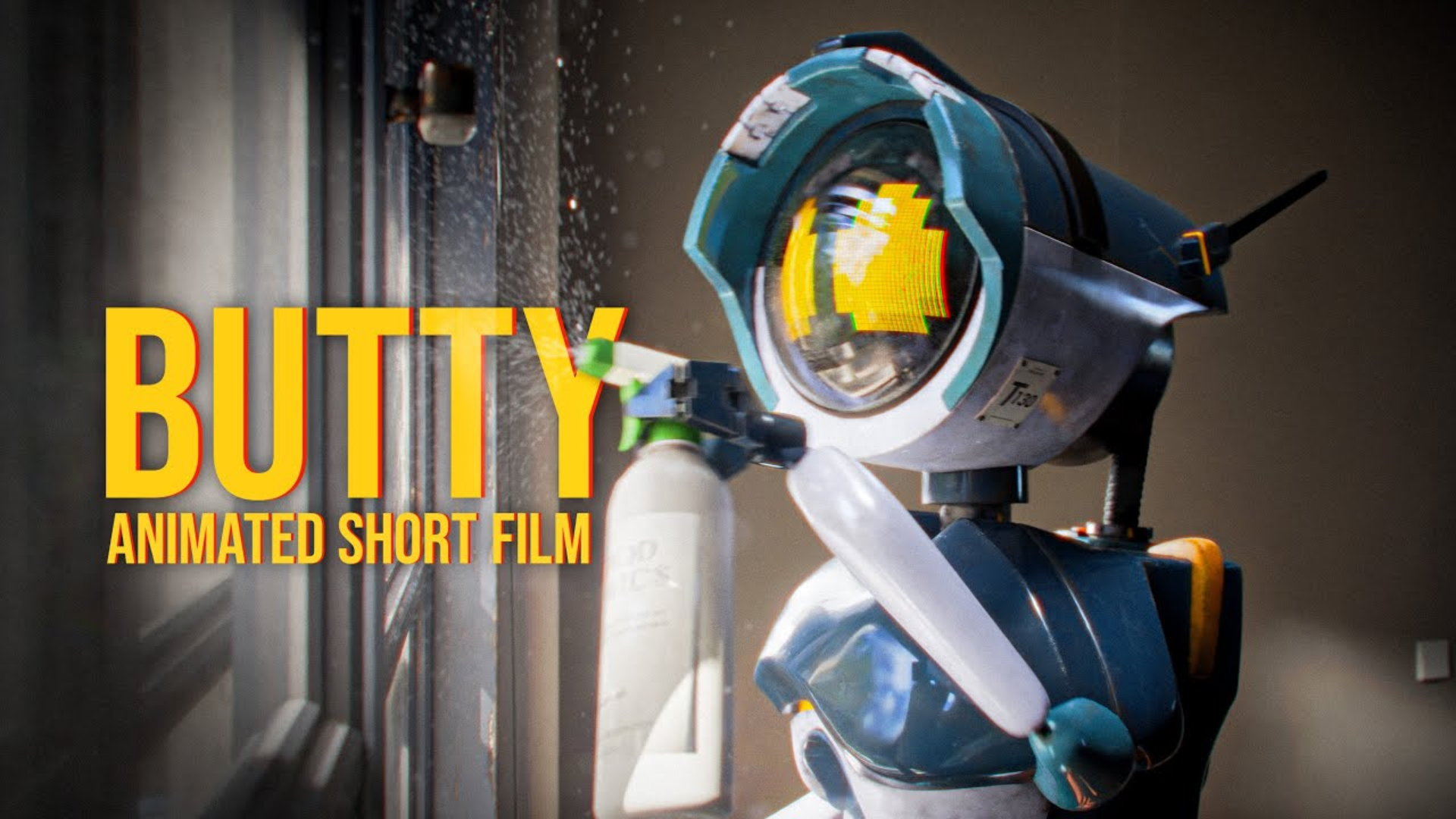The tale of a clumsy robot and an unlikely trio of filmmakers.

In the movie industry, imitation being treated as the highest form of flattery may be an unspoken norm, but when it comes to less commercial products like short movies, film makers usually like to pride themselves on their creativity.
One example of this includes the award-winning 2023 film T-130 by US-American Samuel Felinton – which is actually the 2022 film Butty by German film students Julius Drost und Moritz Henneberg, as explained in a viral online documentary from September 2025.
A T-130 named Butty
The seven-minute English-language short film portrays a household robot from the fictional T-130 series, apparently nicknamed Butty, as it tries to prepare a home for an upcoming birthday celebration at the request of its owner. The movie is animated in 3D, with all models created using the open-source software Blender.
Despite its best efforts, the clumsy protagonist, who is easily distracted by events outside the house, repeatedly makes mistakes, leading the exasperated homeowner to eventually throw it out. The short concludes on a somber note, accompanied by an original musical score designed to underscore the character's emotions.
T-130 was nominated for and received several awards at genre-focused events such as the West Virginia Mountaineer Short Film Festival and the Appalachian Film Festival, typically within student categories, with its supposed creator Samuel Felington even appearing on local talk shows. Nobody seemed to question why this ostensibly US-American production featured distinctly European details, such as Schuko plug outlets or an oven using Celsius rather than Fahrenheit.
Stealing Success
As it turns out, the work, originally named Butty, was actually created by German film students Julius Drost and Moritz Henneberg and uploaded to YouTube as Drost's graduation film. After removing it from the platform to be able to submit it to festivals, they discovered their film had reappeared online, albeit under a different title and credited to a different person.
Felinton had apparently downloaded, trimmed, and re-edited the film back when it was first uploaded, cutting minor scenes, changing the background music and replacing the credits with his own name. He then submitted T-130 to festivals worldwide, where it screened more than twenty times and won several awards, with Felinton publicly proclaiming himself as its creator.
When Drost and Henneberg found out, they sought legal advice, but were told international court cases would be too expensive and slow. Consequently, they decided to trick F. by partnering with a US-based journalist to present themselves as documentarians, which eventually allowed them to speak to Felinton directly.
Showing Remorse

The US-American, who had previously engaged in actual experimental filmmaking before (though the projects were generally not animated) quickly admitted to the theft and offered to repay any prize money he had received. Since then, he has received numerous hate comments via social media and had to step down as president of his university's film club.
He and the two Germans apparently quickly made peace, considering that they decided to work together to produce a documentary depicting the events that led to their meeting. Said documentary, titled Der Talentierte Mr. Felinton (lit.: The Talented Mr. Felinton), was published online in September 2025 by German public-law broadcaster ARD.
On October 15 and October 16, 2025, Drost and Henneberg will also be answering questions in an open AMA on Reddit; any readers who are interested in learning more about this topic are welcome to participate. With that said, all that's left for us to do is eagerly anticipating any future projects the three may have in store for us.
But what do you think? Does this case highlight a need for more diligence on the part of award shows and festival organizers? Or was Felinton simply lucky? Let us know in the comments below!


































